Today’s readings
“Prepare the way of the Lord; make straight his paths!”
Today’s Gospel reading is very interesting, I think. The beginning of the passage names important people at that particular time in Israel: Tiberius Caesar, Pontius Pilate, Herod, Philip and Lysanias, and also the high priests: Annas and Caiaphas. Finally it names John the Baptist, who was then beginning to herald the unveiling of God’s plan for salvation. Luke does all this to say that, while the Word of the Lord came to John, who was pretty obscure, and many thought was crazy, still that Word came at a particular point in history, a time they could remember and observe. God was getting real in their midst, and John wasn’t so much crazy as he was on fire.
His message was a message of change. I have heard it said that no one likes change except for babies with dirty diapers! So it’s no wonder they labeled John as crazy and made him take his message to the desert instead of the city and the temple precincts. Better that than actually listening to his message and changing their lives. But John’s message is clear. God wanted to burst into their midst, and if they didn’t make changes, they were going to miss it. It’s a message as pertinent and poignant now as it was then.
Because we are a people who could use some time in the desert. Now, I don’t mean we should go to an actual desert or even take a trip to Las Vegas! What I mean is, we need to calm down and find some peace in our lives, because with all the craziness and busy-ness of our lives, we stand a pretty good chance of missing the Advent of our Savior as all the people back then did. We might be just as impatient with a John the Baptist as the people were then. Who wants to hear the word “repent?” That means a real change in our lives that we are often not willing to make.
But we all need to repent of something, friends. Me included. Repent means turning around and going in another direction. We all get off track here and there in our lives. Repent means turning back to God, our God who is waiting to break into our lives and be born among us this Advent.
John is really clear about what kind of repenting needs to be done. If we are going to prepare a way for the Lord, we are going to have to make straight the winding roads: stop meandering all over the place, and walk with purpose to communion with the Lord. We are going to have to fill in the valleys and level the mountains, because God doesn’t come in fits and spurts, showing up every now and then for a mountain top experience and then taking his leave when times bring you down. He’s there always and forever. We are going to have to make those rough ways smooth, because every time we’re jostled around on those rough roads, we stand the chance of getting thrown off the path. We have to repent, to change, to become vessels in which our Lord can be born so that all flesh can see God’s salvation in us.
Wherever we are on the journey to Christ, whatever the obstacles we face, God promises to make it right through Jesus Christ – if we will let him. We may be facing the valley of hurts or resentments. God will fill in that valley. Perhaps we are up against a mountain of sinful behavior, addiction, or shame. God will level that mountain. We may be lost on the winding roads of procrastination or apathy. God will straighten out that way. We may be riding along on the rough and bumpy ways of poor choices, sinful relationships and patterns of sin. God will make all those ways smooth. And all flesh – every one of us, brothers and sisters – we will all see the salvation of God. That’s a promise. God, who always keeps his promises, will forgive us all of our sins. But we have to be open to the experience, and that is the challenge in these Advent days.
And so, in the spirit of encouraging that openness, I want to make a very personal invitation. Our parish is embarking on a time of renewal this week. We will begin our Year of the Eucharist to remind ourselves of why we need to be here, and of the absolute necessity of strengthening our relationship with Jesus through Mary. This week is also our parish’s patronal feast day: The Immaculate Conception of the Blessed Virgin Mary on Wednesday the 8th. In order to prepare for that, at the end of the 12:15 Mass this Sunday, we will have a Eucharistic procession through the hallways of our campus, then return here to church to begin 40 Hours Devotion. If you have not signed up for an hour or two or three yet, you still can; the sign up book is in the narthex and online. We particularly need people during the night hours. Our Lord, who is always here for you, has asked me to keep the light on so that you can be here with him. Please don’t let him down.
I also want to encourage you in the strongest possible terms to begin this year of the Eucharist and to prepare the manger of your hearts by going to Confession. We have confessions today at 7pm during 40 Hours, during a holy hour of praise and worship. We will have four priests here to hear confessions, please be sure to keep us busy! We also have a special time of confession on Sunday the 19th, immediately following the 12:15 Mass. There will be 8 or more priests here to hear confessions in English, Spanish and Polish. Please plan to make a good confession before Christmas; it will be the greatest present of your season to receive the gift of God’s mercy!
The Sacrament of Penance is where we Catholics level those mountains, straighten those winding roads, and fill in the potholes that have derailed us along the way. If you haven’t been to confession in years and you don’t remember what to do, come anyway. The priest will help you to make a good confession. That’s what we’re there for! Feel free to ask for help and don’t be embarrassed about having been away. It is always a joy for us to help a person return to the sacraments. That’s what we are here for!
The truth is, brothers and sisters in Christ, we come to this holy place to this sacred Liturgy, each of us at different places in the spiritual road. Our goal – all of us – is to advance on that road, tackling the obstacles that face us, and defeating our sin by the power of God’s forgiveness and mercy. There may only be one unforgivable sin: the sin of thinking that we don’t need a Savior. When we rationalize that we’re basically good people and we’re okay and that there is nothing wrong with our lives or our relationships, then we’re lost. It’s not that God doesn’t want to forgive us this sin, it’s more that we refuse to have it forgiven. If Advent teaches us anything, it’s got to be that we all need that baptism of repentance that John the Baptist preached, that we all need to prepare the way of the Lord in our hearts, making straight the paths for his coming in our lives.
Come, Lord Jesus. Come quickly, and do not delay!

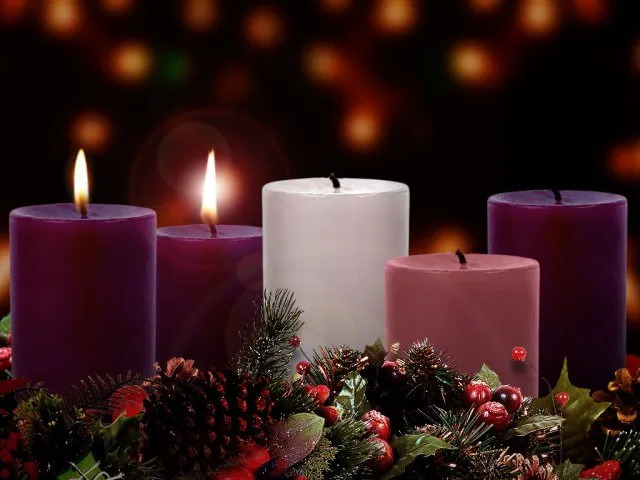
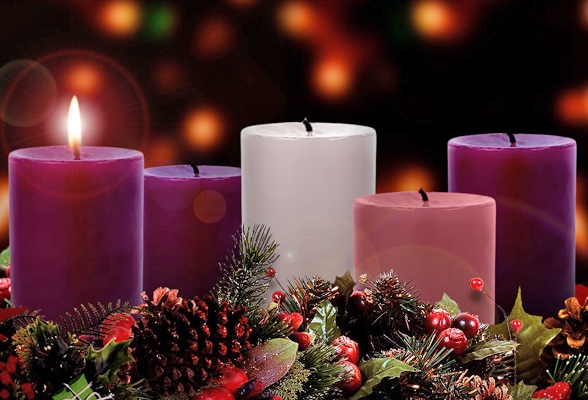
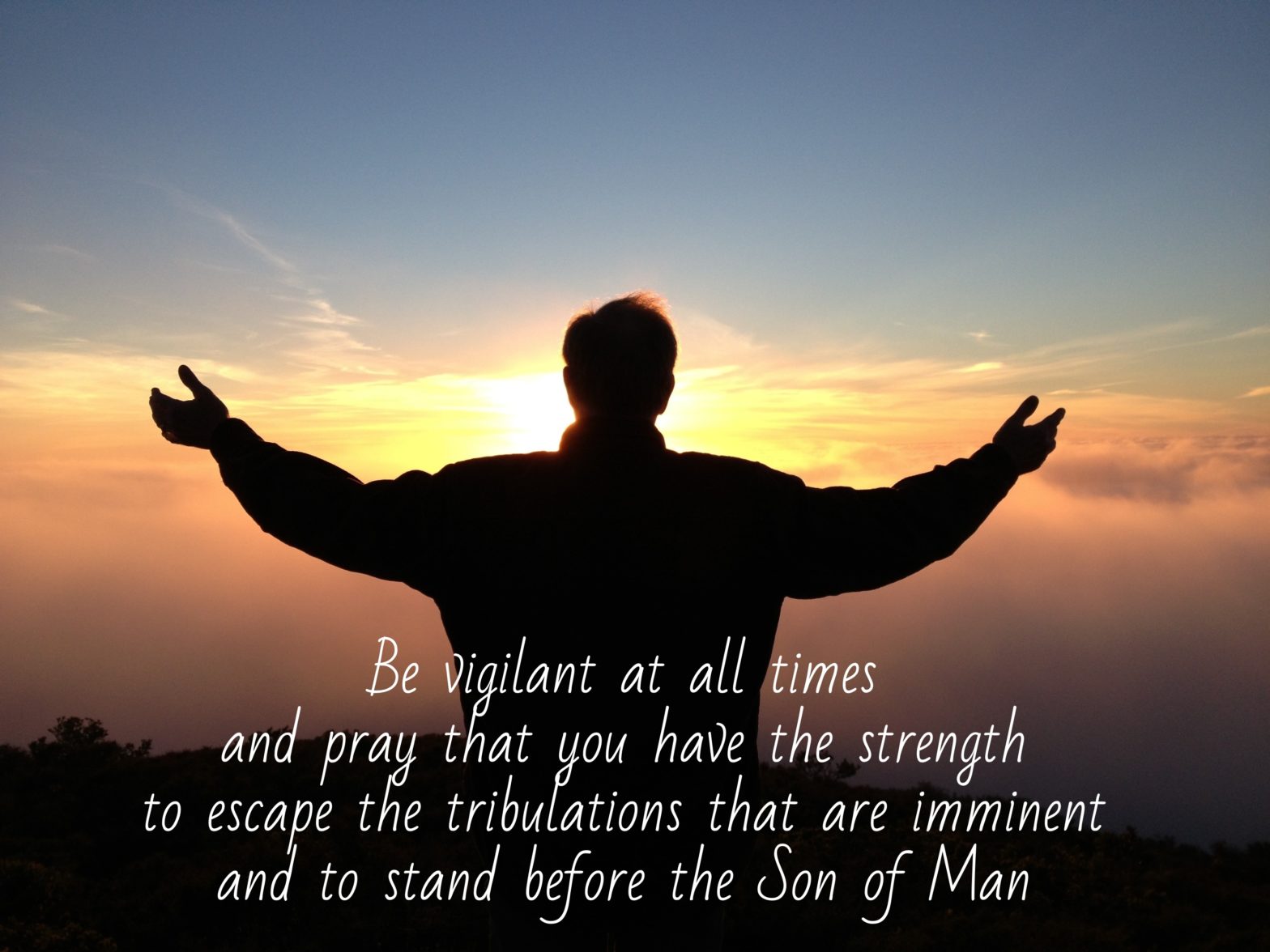
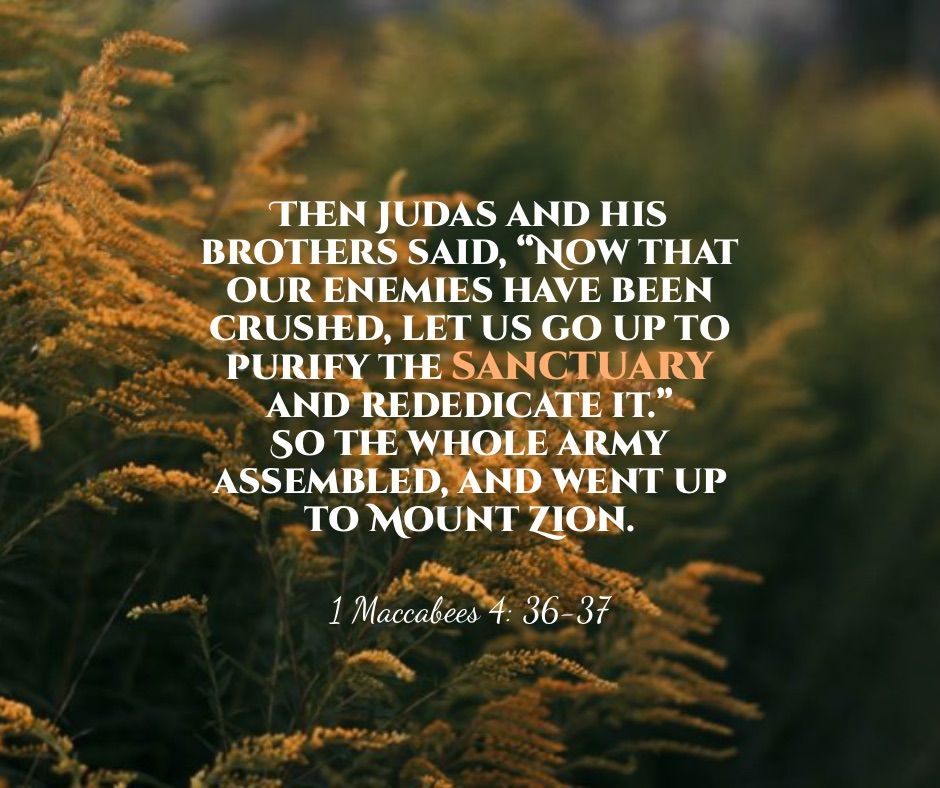
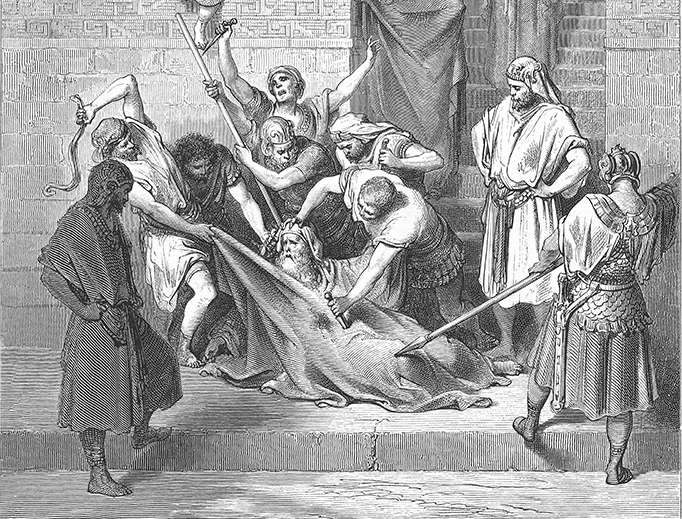
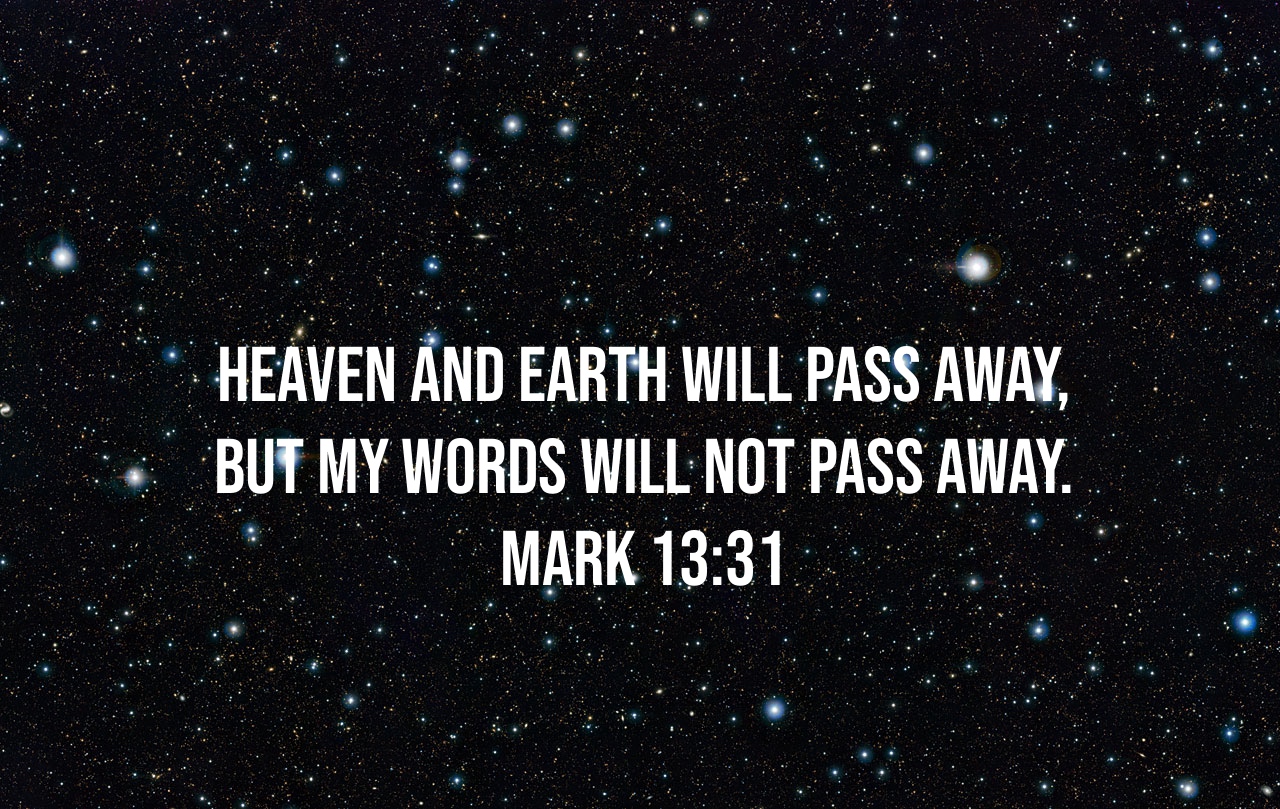
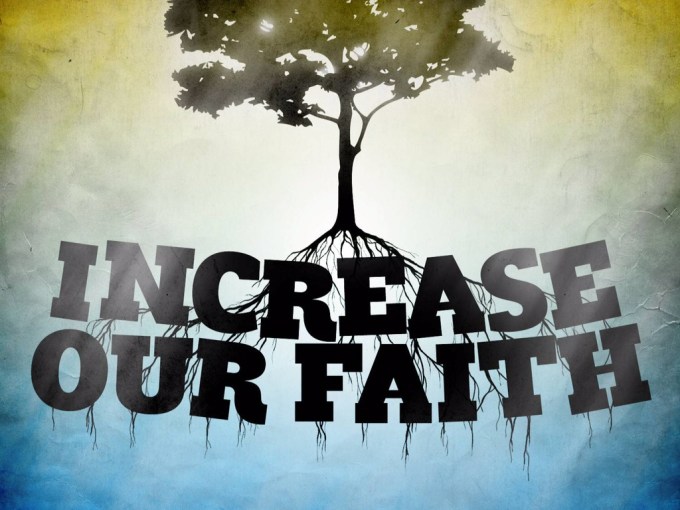

You must be logged in to post a comment.